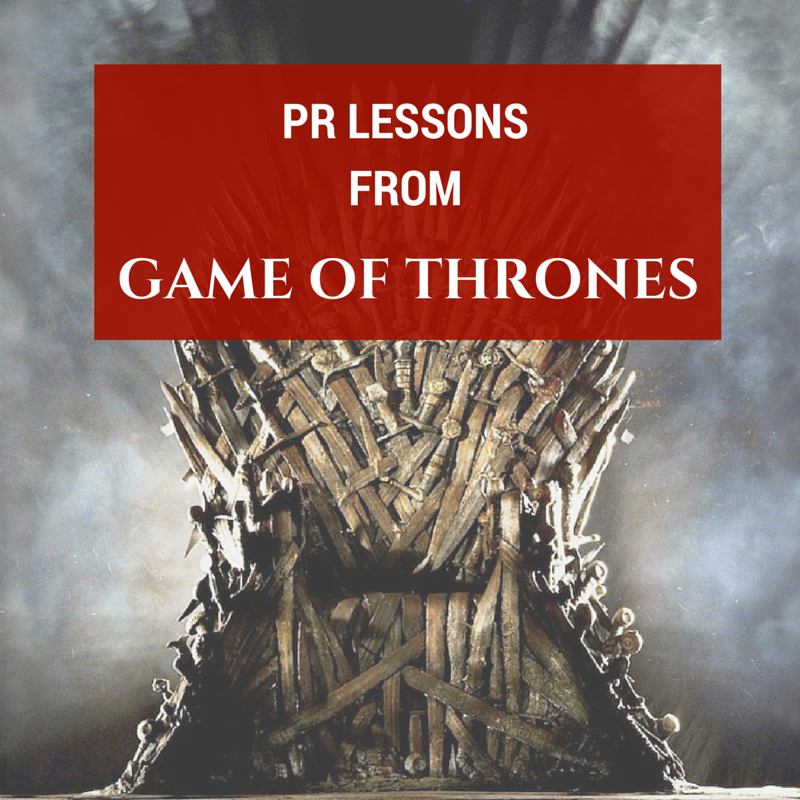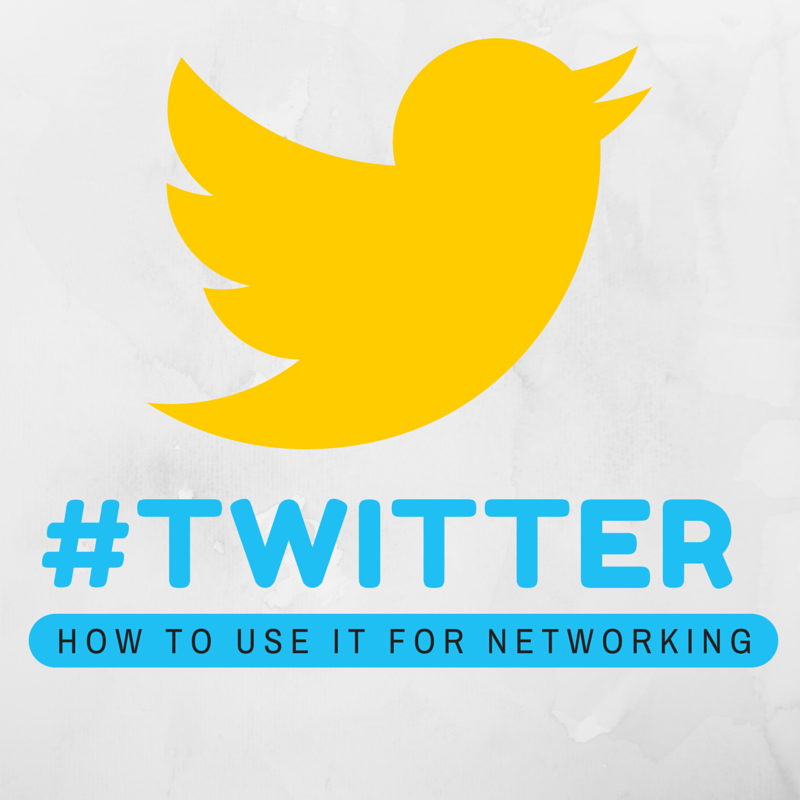Now that Spring Break is in the rear-view mirror, it feels like the end of the semester is quickly barreling toward us. While the chief concern for most students is preparing for finals as they start to cast their ominous shadow, many are also beginning to apply for those summer internships. Now, perhaps you already have several of these under your belt. Regardless of your experience, here are five things to keep in mind during your next internship that are you sure to help you be successful.
1. Stay hungry
What we mean by this is to always want more to do. As an intern it can be tempting to settle for the small amounts of work that you inevitably start off with. After all, who wouldn’t prefer to just do the minimum and deal with as little stress as possible? This mentality, however, will put you on the fast track to nowhere. Internships are often designed to test the skills and attitudes of a young professional. Needless to say, there are few employers out there who would be impressed with or willing to keep an intern who isn’t motivated and doesn’t seek more work on their own. Adopting a go-getter mentality is one of the first things you should do in your new internship, and it’s one that will definitely net some positive attention.
2. Ask the right questions
Just like it’s important to always be on the lookout for more to do, it’s equally important to ask the right questions before and during every assignment. Of course you shouldn’t aim to incessantly bother you supervisor, but a good leader is usually happy to be approached with intelligent questions. Asking good questions will show your employer that you’re thinking critically about your assignment and aren’t just sleepwalking through the work. A good question will not only help you create better work, it will also signal to your employer that you’re a smart and strategic thinker. To avoid looking like a novice and making unintelligent queries, a good rule to follow is to always Google your questions before asking them. If the answer can be easily found there, then you can bet it’s not a good question to ask your boss. If no trace of an answer can be found, then odds are you’ve stumbled across a great question.
3. Make yourself known
As an intern, it can be easy to go unnoticed in a busy workplace. While the prevailing mentality is that interns are the unseen and unheard backbone of the office, it doesn’t and shouldn’t have to be this way. To avoid getting lost in the shuffle, try to make yourself well known with everybody in the office. Of course people are busy and it might be hard to get a few minutes on their calendar, but even the busiest of people have time for a quick cup of coffee. Use these small moments to connect with your coworkers. Not only is it good to expand your own personal network, but by connecting with everyone and making them aware of the caliber of your work, they will be far more likely to think of you when looking for support on their next project.
4. Bring something to the table
Because interns, in terms of office hierarchy, are the lowest position in the structure, many of them believe that it’s not their place to speak up in meetings or brainstorming sessions. While it’s true that you have to be sensitive to the situation and cognizant of office culture, it’s important that you speak your opinions and bring valuable insights to the table. An intern who never contributes intelligent pieces of information or well-founded opinions diminishes their own personal reputation. Like we said before; many internships are developed for the purpose of finding full-time team members. Employers want people who not only think intelligently, but who can bring that to the table to advance the overall value of the organization. Of course, none of this can ever happen if you don’t say what’s on your mind.
5. Be true to yourself
As much as internships are an opportunity for employers to find the best talent for their companies, the greater opportunity belongs to the intern. Not only is this your chance to discover more about who you are what type of work you want to be doing, it’s also a great way to weed out what you don’t like. If your internship makes you unhappy, at least it’s temporary. If you hate the industry you’re in, it’s one step closer to finding the industry you belong in. Don’t settle for the type of work that you are doing if it doesn’t make challenge you or get you excited once in a while. This is a process of discovery, and being true to yourself will allow you to make the right choices and eventually find work you can be passionate about.













